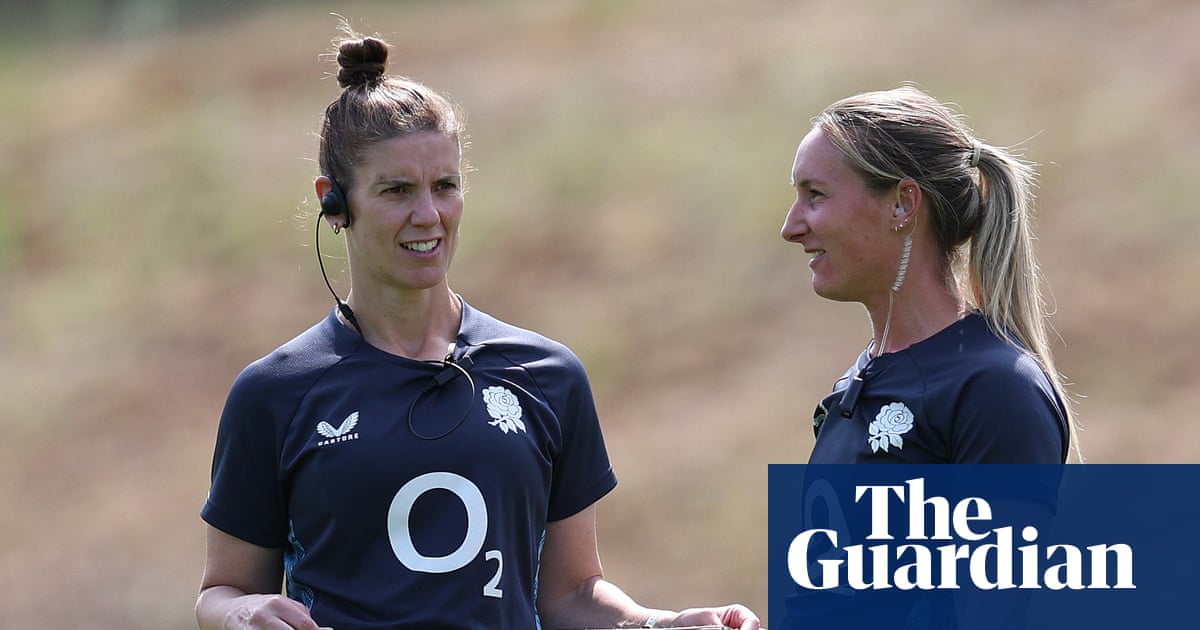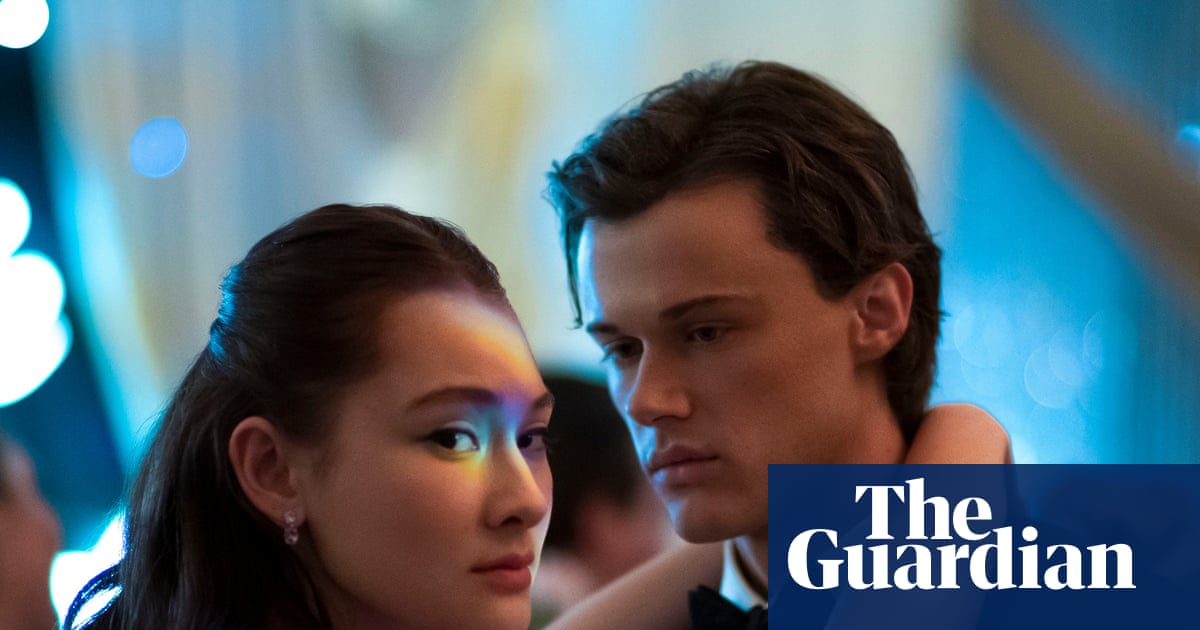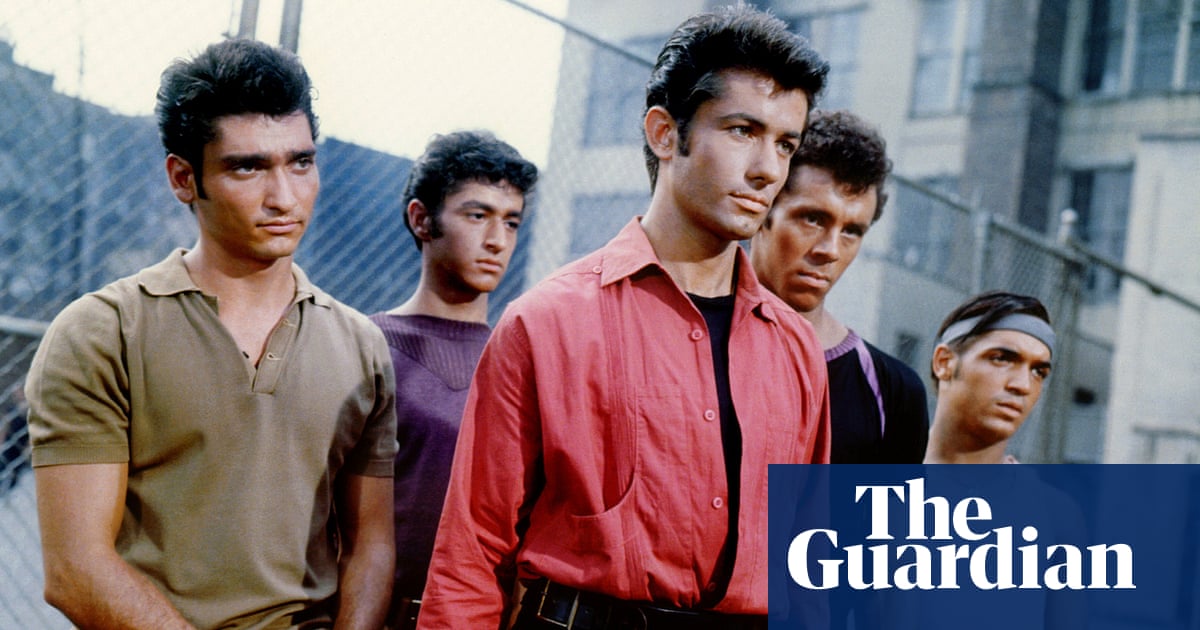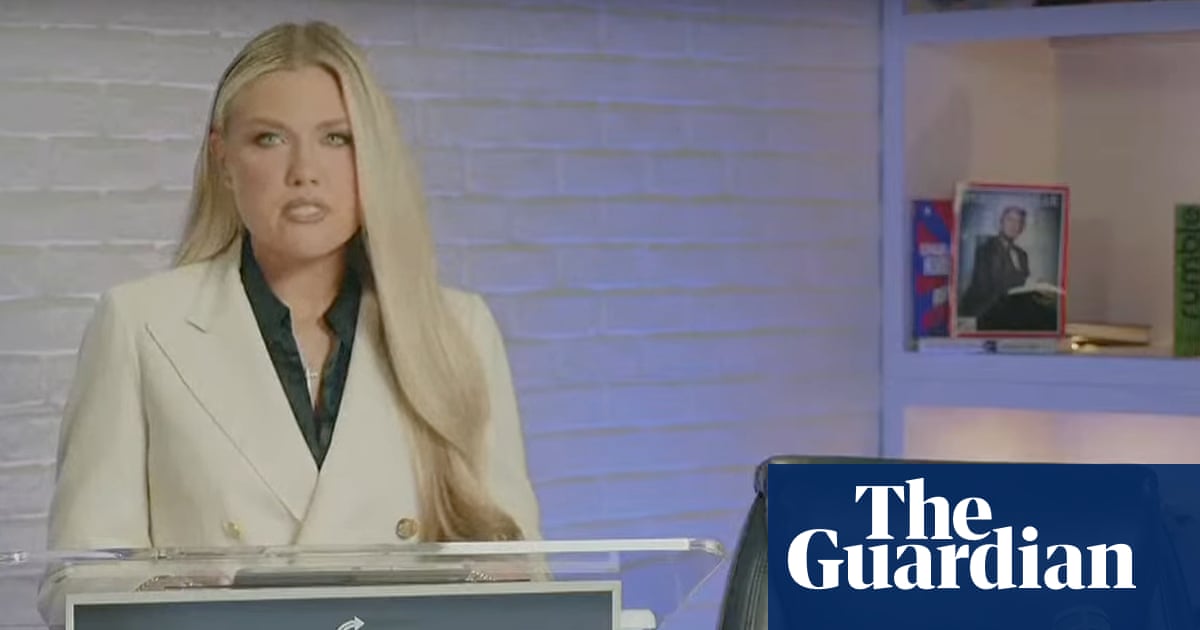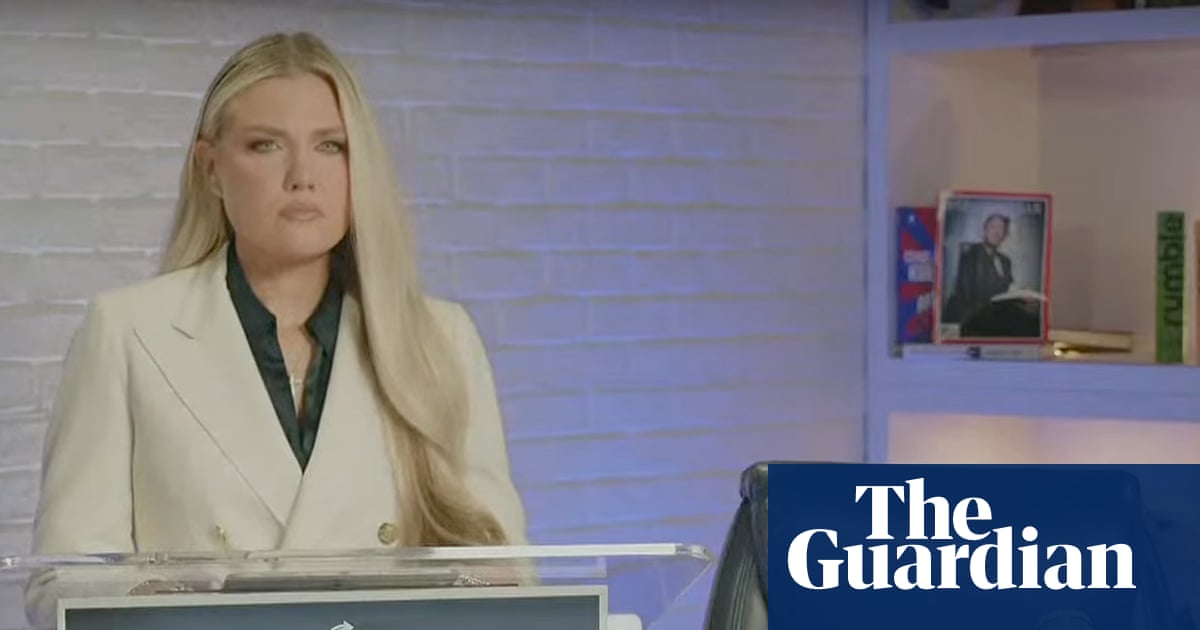The stampede of actors making their way from screen to stage continues with Natalie Dormer’s return to the boards as the lead, tragic figure in Leo Tolstoy’s story of one aristocratic unhappy family.
She is exceptional in the part of Anna, inhabiting the boldness, insecurity and anger of the discontented wife seeking her freedom through romantic passion. But there is little chemistry in her relationship with Vronsky (Seamus Dillane) – the rakish military man for whom she leaves her loveless marriage, and he is a non-character, left uncoloured.
Phillip Breen’s adaptation of the novel is however, always original, without playing fast and loose with the story. There is an inspired use of music, especially in the sound of a weeping or skittering violin. It is theatrically daring, with the ensemble sitting on regal seats when they are not performing, and a loose, handsome set, designed by Max Jones creates a sense of desolated opulence.
Modern language is set against the period setting and dress. “Marriage, I’d rather stick pins in my eyes,” says longsuffering wife, Dolly (Naomi Sheldon), summing up the kernel of Tolstoy’s story in vernacular. The intention, it seems, is to bring these characters closer home to us.
But the emotional life of the story seems rather too surface-bound. Scenarios and relationships are infused with a high wire kind of comedy which works to amuse, but it keeps the drama from gathering tragic depths. And there are too many directorial tics and flourishes which are clever but blithe.
The set has the sense of a child’s nursery, with Dolly or Anna’s children playing with toys around its edges. It is one of Breen’s clever flourishes, relating to the weaponising of children within marriage – particular in the case of Karenin (Tomiwa Edun), Anna’s spurned husband, who enacts his vengeance through their son, from whom Anna becomes forcibly estranged.
The production glows with the ambition of reflecting the full scope of the novel, from the era’s discoveries – electricity and trains – to social divides, to arguments around love v marriage, and the moral relativism of Russia’s gilded nobility. But it feels simultaneously brisk and too long, at three hours, in trying to cover so much.
It strives to capture the psychological acuity of the novel too. Characters talk their feelings aloud so we hear what they feel and what they say. It is a heavy-handed way to animate their inner worlds: a “telling” over dramatising, with an uncertain note of comedy.
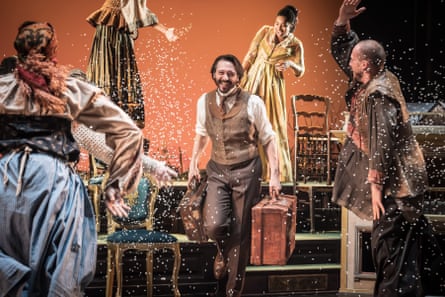
There is a convincing fractiousness between unfaithful husband Stiva (Jonnie Broadbent, a mischievous wastrel), and Dolly; Sheldon gives a compelling performance of marital regret, her outcome an inverse parallel to Anna’s social shaming. Together the characters encompass the catch-22 for women marooned in bad marriages – they suffer whether they walk out or stay. But the modern language sits awkwardly when it is underlined in Dolly’s verbal meltdown, bringing a maelstrom of F-words in inner monologue.
The relationship that sparks most on stage is that between Levin (based on Tolstoy himself, played by Dormer’s partner David Oakes) and Kitty (Shalisha James-Davis), from its humour to its tenderness.
Anna’s outcome is foreshadowed from the start with a barrage of theatrical devices: music that mirrors the noise and speed of a train, a child’s wooden train set at the front of the stage, and characters performing locomotive sounds, including hoots that sound like screeches of pain. They lay out the ground for Anna’s terrible end across the train tracks. Except here, there is only a vague symbolic suggestion of it. Those who know the story will see the subtlety but those encountering it for the first time may be left with an approximate idea of what has happened.
You do not feel its tragedy, perhaps as a result, nor the emptiness of Karenin’s vengeance on Anna, which leaves his son bereft of maternal love. Instead, you admire the production for its sometimes brilliant ideas.

 2 months ago
40
2 months ago
40


